Section 1
The First American Government
By Boundless
The way the British government was run in the colonies inspired what the Americans would write in their Constitution.
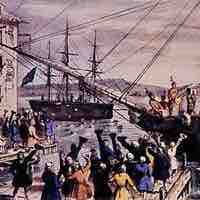
The expenses from the French and Indian War caused the British to impose taxes on the American colonies.
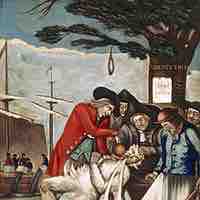
"No Taxation without Representation" was the rallying cry of the colonists who were forced to pay the stamp, sugar, and tea taxes.
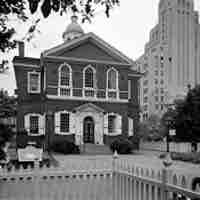
The first Continental Congress was held between 1774 and 1775 to discuss the future of the American colonies.
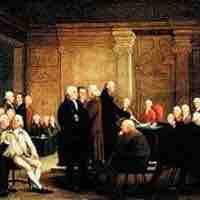
The Second Continental Congress was ushered in at the beginning of the Revolution and eventually decided American independence.
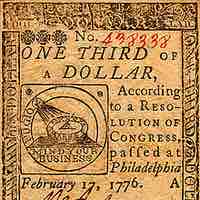
The new congress faced many roadblocks in establishing the new nation.
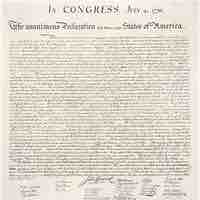
The Declaration of Independence was a letter to the king explaining why the colonies were separating from Britain.
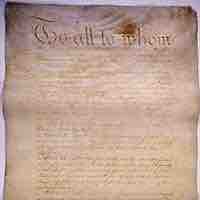
The Articles of Confederation established a confederacy-type government among the new American states.
The Articles of confederation gave few but important powers of diplomacy to the American government.
The Articles of Confederation, while riddled with problems, did have lasting effects.
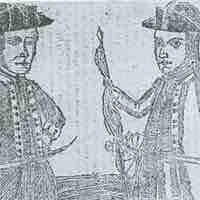
Shays' rebellion prompted the Boston elite and members of the central government to question the strength of the American government.
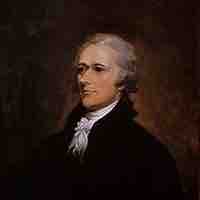
The Annapolis Convention, led by Alexander Hamilton, was one of two conventions that met to amend the Articles of Confederation.